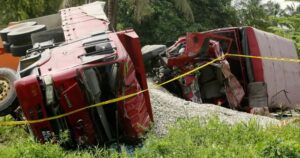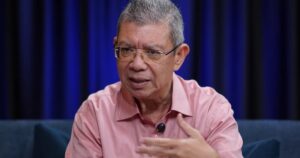
The uneasiness Malaysians have about disclosing their actual income and living conditions have made it difficult to accurately measure poverty in the country, an economist said today.
Universiti Utara Malaysia’s Siti Hadijah Che Mat said Malaysians were often embarrassed about furnishing such details to the point they would at times provide either incomplete or inaccurate data.
“Sometimes respondents think their income is too low, or they don’t want to report other income streams.
“Some may even exaggerate because they feel embarrassed,” she said at a forum on the multidimensional poverty index (MPI) here today.
And inaccurate data, Siti Hadijah said, would result in ineffective policies being rolled out.
Which was why enumerators must be mindful of how these questions were posed, she said, adding that it could influence the answer.
Siti Hadijah said in some instances, respondents had complained about the length or intrusiveness of the questions.
On a related matter, Siti Hadijah said the selection of MPI indicators must reflect the realities on the ground rather than rely on the standardised definitions.
“We need to determine what deprivation really means in these communities,” she said, citing education as an example.
“At what age do people normally stop schooling in rural areas? That matters when defining who is considered deprived.”
She said developing an effective MPI also required collaboration with ministries and community representatives, including indigenous groups and single mothers, to ensure that the data truly represented the poor.
She said while the poverty line classified households based solely on income, the MPI went further.
“It measures poverty in a broader context that includes education, health and living standards.”






